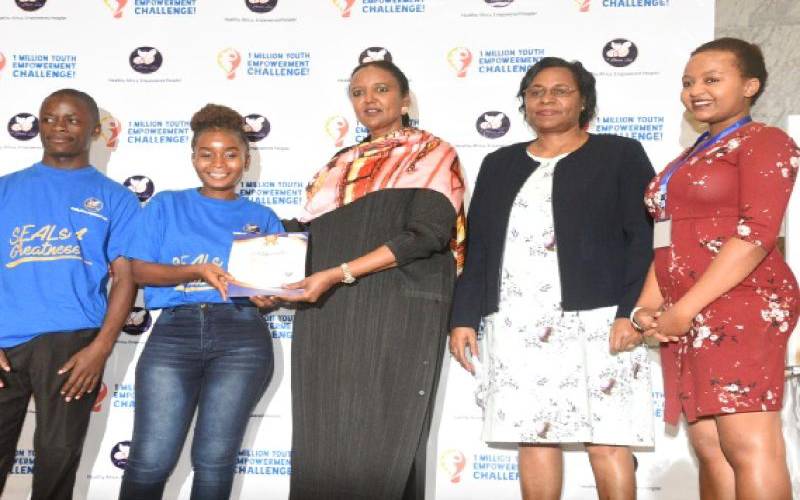×
The Standard e-Paper
Stay Informed, Even Offline

I Choose Life (ICL) has unveiled a program that seeks to empower the youth to deal with challenges facing them, including unemployment. The programme is dubbed ‘One million youth empowerment challenge’.
The initiative, branded as SEALS programme, was launched during a mentorship event held at the University of Nairobi (UoN) last week.